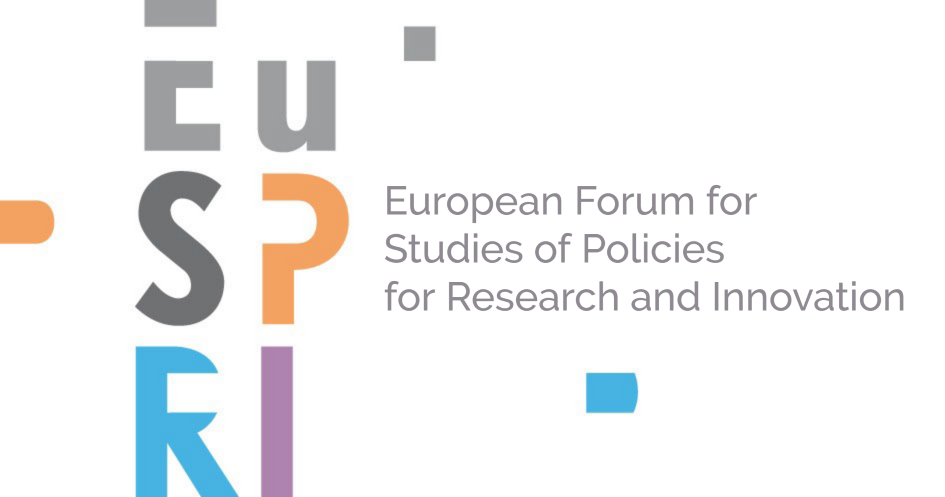Nishi, Masafumi (Vienna (AT) AIT, the Austrian Institute of Technology)
Goal- oriented transformative change (GOTC) processes, defined as system- transforming processes, aimed at addressing current or expected future societal challenges
Authors: Attila Havas, Matthias Weber, Masafumi Nishi
Keywords: Goal-Oriented Transformative Change, System Transforming Processes, STI Policy, Innovation Systems Thinking, Foresight
Abstract
The question of STI policies’ possible contribution to addressing major societal challenges and supporting the necessary transformation processes has attracted increasing attention. Given the deepening social, ecological, and economic crises, policy-makers and policy analysts make significant efforts to understand how and to what extent STI policies can respond to rapidly emerging and often unpredictable developments and to strengthen the resilience and the innovative capacity of our societies; as in the future there will certainly be novel challenges necessitating transformation in society. They may range from novel S&T discoveries to widening social gaps and new geopolitical cleavages and conflicts. Initial stark glimpses of the latter can already be observed, and their critical impacts felt. We thus need to be able to integrate the possibility of such new challenges emerging into our thinking about the governance of transformative societal changes and the role of STI policies.
Against the backdrop of these issues, the proposed session focuses on goal-oriented transformative change (GOTC) processes, defined as system-transforming processes, aimed at addressing current or expected future societal challenges. (Havas et al. 2023) GOTC can only start once a major common challenge has been identified, prioritised and subsequently turned into an overarching political goal that is backed by a significant group of key actors and stakeholders from government, businesses, science and society who are committed to devising and implementing their own strategies aimed at achieving that shared overarching goal. This definition implies that the design and implementation of these demanding strategy-setting processes should be supported by innovation systems thinking and foresight.
Innovation systems thinking offers relevant parts of an integrative conceptual framework for a thorough understanding of the dynamics of change processes: what actors can develop and introduce business, social, and hybrid innovations; how these various types of innovations are diffused; how knowledge is created, utilised, and diffused in and across innovation system(s); how various other resources are produced and exchanged; how the interactions (especially co-operation and competition) among the actors are guided by institutions; how institutions are crystallised and then change; how the new ‘nodes’ of an innovation system emerge; how the innovation policy governance sub-system works; how entire innovation systems evolve, get stabilised and then transformed.
The relevance of foresight stems from its three distinct properties, compared to the other forward-looking activities. In a transparent and systematic way, foresight considers multiple possible futures. It is participatory by engaging representatives of various stakeholder groups, thus creating “ownership”: once a vision is shared, the participants become committed to acting to achieve that desired future. It aims to support decisions by policy-makers, business people, research managers, and other actors, not just contemplating the future. Given these features, it can reduce uncertainties and facilitate alignment; fundamental features of transformative change processes.
While innovation studies, social Innovation, and sustainability transitions research provide a perspective on GOTC, and offer important insights, these perspectives are partial. (Havas et al. 2023) Therefore, there is a need for a new, integrative approach that can facilitate a more open understanding of normative issues and meaningful, desirable ambitions other than sustainability or the UN’s Sustainable Development Goals (SDGs), which have served as important orientations over the past thirty years. Other and more meaningful normative ambitions may be developed, particularly when sustainability is not the only important societal concern, and when matters of economic sovereignty, societal resilience and (not least military) security acquire growing significance in public and policy debates.
We invite contributions discussing:
• The possibilities to devise transparent, appropriate – and cost-efficient – approaches and methods for organising dialogues to discuss normative issues to arrive at a shared major overarching goal;
• Ways to identify inevitable tensions among countries and social groups with different experiences, worldviews, values, and ambitions – and tackle these tensions;
• Nnew approaches that embrace the active participation of civil society and stimulate the agency of citizens in foresight processes;
• New methods to monitor and assess GOTC processes;
• Relevant and promising policy preparatory methods and new ways to arrange policy governance sub-systems;
• New avenues in sustainability transition and innovation systems research, science and technology studies, STI policy analyses, political sciences, as well as other social science strands that offer relevant insight to better understand GOTC processes.
